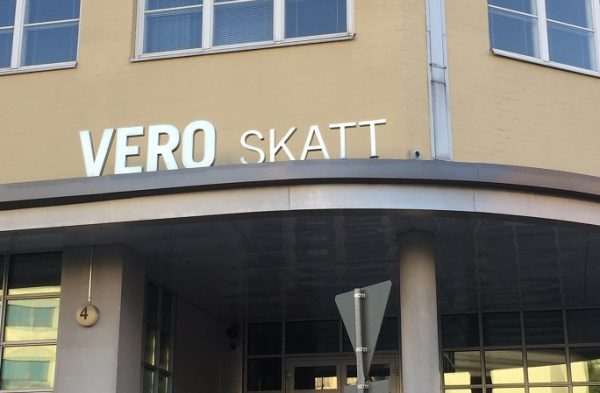
The police registered a total of 2,619 economic offences in 2024, which is around 10% more than in the previous year and an all-time record, said Finnish Tax Administration in a press release on Thursday.
There was particularly an increase in the offences committed by debtors and tax and accounting offences. Their share of all economic crime reported to the police increased from 54% to 63% over the year.
In 2024, the Tax Administration carried out 612 tax audits related to the shadow economy that resulted in imposing a total of EUR 125 million in taxes including tax penalties.
In labour-intensive industries, the shadow economy has changed with the introduction of invoicing services and light entrepreneurship. Identity misuse, exploitation of companies for criminal activities, foreign money transfers, virtual banks and various payment platforms have also been keeping the Tax Administration busy in its efforts to combat the shadow economy.
Bogus and forced self-employment have become common phenomena of the shadow economy and permanent parts of labour exploitation. Disguising an employment relationship as entrepreneurship is especially prevalent in construction but has also been found in the cleaning sector, car repair shops, car washes and seasonal work.
The authorities have become aware of a growing number of complex crimes involving various types of misconduct and negligence, such as money laundering, labour exploitation, identity theft, social security fraud and neglect involving pension, unemployment and accident insurance. Organised crime, foreign actors and professional enablers may be involved.
The efforts to supervise the complex cases have required cooperation between the authorities. Such cases have particularly occurred in the supervision of foreign workforce and in labour-intensive sectors such as restaurants, construction, transport and also seasonal work.
The decline in the economic situation and increase in the number of bankruptcies have led to a significant increase in offences related to bankruptcies. Bankruptcy offences require long-term investigations by authorities, which may manifest as prolonged processes.
According to bankruptcy statistics, 3,035 bankruptcy proceedings were initiated in Finland in 2024, which is 12.5 per cent more than in the previous year.
The number of corporate restructuring procedures also increased as 318 corporate restructuring procedures were initiated, which is 3.9 per cent more than in the previous year.
The number of cases of economic crimes investigated by the police has been increasing for several years. In 2024, the number of open criminal cases was 4,452 (+13%). As the financial situation of companies is weakening and the number of bankruptcies has grown, the risk of economic offences reported to the police will remain high in the near future.
In 2024, Customs investigated 404 tax fraud cases. A significant proportion of the tax fraud investigated by Customs was related to the smuggling of tobacco products. Cigarette smuggling cases and seizure rates increased significantly in 2024.
The occupational safety and health inspectors of the Regional State Administrative Agency carried out 1,928 inspections of companies using foreign workforce in 2024. There was an increase in joint inspections with different authorities compared to the previous year.
In 2024, the correctness of the earnings-related pension insurance arrangements of about 3,691 employers was examined as a part of the supervision by the Finnish Centre for Pensions. The detected insurance errors concerned 268 employers and about 1,540 employees.
Kela submitted 562 requests for investigations of benefits abuse cases to the police. This kind of fraud is often linked to certain shadow economy phenomena such as undeclared wages and falsified documents. The total value of benefits abuse cases resulting in a request for police investigation was EUR 4.3 million.
Finland has several ongoing action plans to promote efforts to combat the shadow economy and economic crime.
The plans aim to safeguard the operating conditions of the public authorities involved in the combating efforts.
In addition, the plans promote healthy competition between companies, prevent the shadow economy and develop related prevention efforts.
- Economic
- Crimes
- Rise
- Finland
Source: www.dailyfinland.fi
